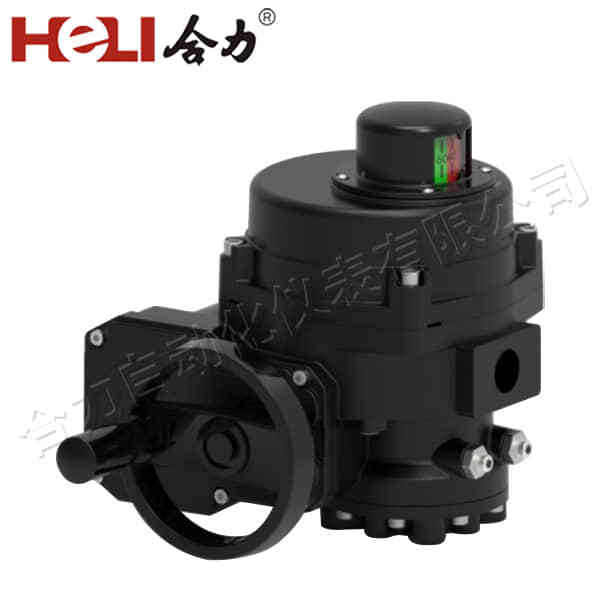Electrical installation is an essential part of modern life, providing power to homes, offices, and industrial facilities. Properly executed electrical installations are crucial for ensuring safety, functionality, and efficiency in any building. From wiring a new home to upgrading outdated systems in a commercial building, electrical installation encompasses a wide range of activities that require specialized knowledge and skills. This article will explore the key aspects of electrical installation, including its importance, the types of installations, and best practices for ensuring a safe and reliable electrical system.

The Importance of Electrical Installation

A well-designed electrical installation is fundamental to the smooth operation of any building. Whether for residential or commercial use, electricity is required to power lighting, appliances, heating and cooling systems, and numerous other devices. However, electrical systems can be hazardous if not installed correctly. Faulty wiring, overloaded circuits, or improper connections can lead to electrical fires, power outages, or even electrocution. Thus, proper electrical installation is crucial not only for convenience but also for safety. It ensures that the electrical system meets local codes and regulations, providing a safe environment for everyone who uses the building. Additionally, a properly installed electrical system helps prevent energy wastage, which can lead to higher electricity bills.
